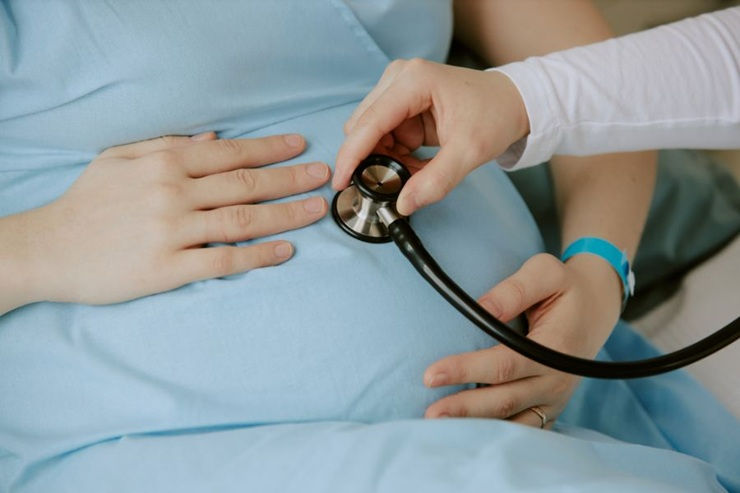Mapping Southampton’s food health
- Aug 28, 2024
- 2 min read

Southampton researchers have partnered with the local council to map the city’s food system.
The project is a collaboration between Southampton City Council (SCC) and researchers from the University of Southampton and NIHR Southampton Biomedical Research Centre (BRC). It is funded by the Centre for the South.
The team examined the impact of the current food system on public health and the environment. They have highlighted areas in the city which need better access to healthy food options.
Next month, they will present their findings and recommendations to the council’s Health and Wellbeing Board.
Dr Ravita Taheem is one of the project’s leads. She is a Senior Public Health Practitioner at SCC and part of the NIHR Southampton BRC.
Childhood obesity
Rates of childhood obesity in Southampton are higher than the England national average.
Data from 2022/23 shows that 40.5% of Southampton’s year six children are overweight and 26% are obese. The national average for overweight children is 36.6%, with 22.7% living with obesity.
These children face lifelong health consequences, as a high proportion of overweight children will become overweight adults.
Obesity increases the risk of many health diseases. These include type 2 diabetes, heart disease and some types of cancer. It also has a significant effect on quality of life and mental health.
Increasing inequalities
The Southampton data shows that obesity rates disproportionately affect children living in less advantaged communities.
44.3% of children in the most deprived parts of Southampton are overweight or obese, compared to 23.8% in the least deprived areas.
“This is deeply concerning”, says Dr Taheem, “especially as we’ve seen this gap widen in recent years.”
She adds: “Urgent action is needed to bridge this alarming divide. Our focus is on developing a whole-system approach to tackling childhood obesity. This will help us ensure access to healthy, affordable food is as easy as possible.”

Improving the food system
Dr Jenny Baverstock, Principal Enterprise Fellow in the School of Biological Sciences, is the project lead at the University. She said:
“In addition to high rates of childhood obesity in Southampton, the evidence we gathered found that 41% of residents responding to the city’s cost of living survey had experienced food insecurity.
“We have looked at the challenges holistically, analysing data and working with stakeholders such as community groups and food distribution organisations. This has enabled us to understand where and why there are challenges to accessing healthy food, and to make recommendations on improving the food system.”
They found that more than one in four homes in Southampton are over a 16-minute walk from a healthy food outlet. These homes were primarily in areas of high deprivation.
“Getting fresh fruit and vegetables can be quite difficult. This is especially true in areas of the city where access to healthy affordable food isn’t easy,” continues Dr Baverstock.
The team’s recommendations include:
Improving the supply of healthier produce
Upskilling and enabling people to provide healthier options
Building on existing projects and partnerships to improve food waste and food bank services
More information is available here.
A food partnership is currently being formed in Southampton. It will bring together those involved in the local food system with a shared aspiration to improve it. Both the University of Southampton and Southampton City Council are active participants in this partnership.



Comments